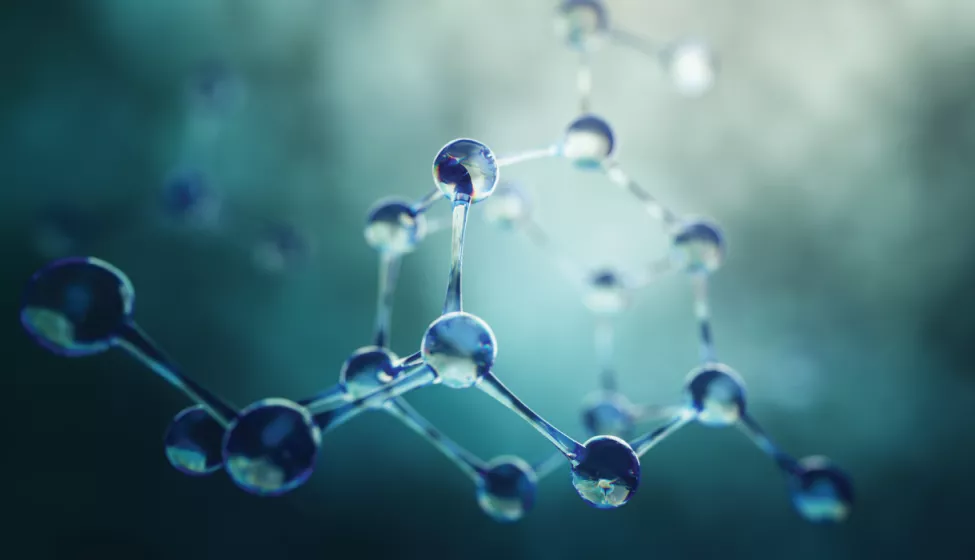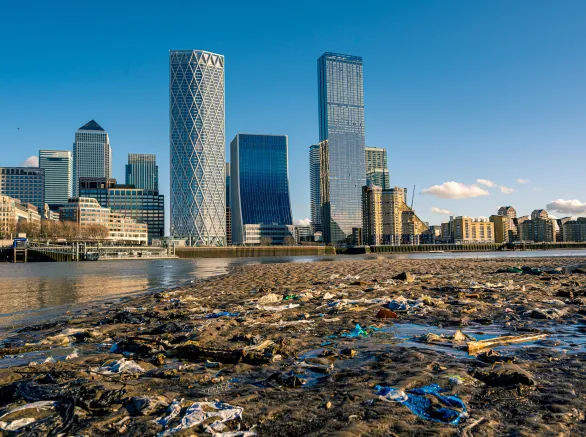June 20, 2023
New rule requires reducing toxic chemicals in consumer products when safer alternatives are available
On May 31, 2023, Washington State adopted Chapter 173-337 WAC — Safer Products Restrictions and Reporting, which will go into effect starting July 1, 2023. This ruling completes the first cycle of what will be a continuous effort by Safer Products for Washington working with the Washington State Department of Health and Ecology to reduce the use of toxic chemicals in consumer products by restricting or eliminating certain chemicals when safer alternatives are available. The next cycle of rulemaking, Safer Products for Washington, Cycle 2, Implementation Phase 1, started on June 7 and will be completed by July 14, 2023.
Washington State intends for this process to be a repeating cycle leading to continuous chemical restrictions and reporting requirements.
How the new Safer Products for Washington ruling affects you
Exponent has been actively involved in the ruling and decision-making process from start to finish to assist our clients in navigating the complexity of the ruling. Specifically, in Chapter 173-337 WAC, Part B — Chemicals and Consumer Products, chemical restrictions vary from "not intentionally added" to specific concentrations based on the chemical class and product category. Reporting requirements are denoted in WAC 173-337-060, which includes the required reporting party, timeline, and reporting ranges.
The following chemical classes and product categories are affected by the new ruling:
- Per- and polyfluoroalkyl substances (PFAS)
- Aftermarket stain- and water-resistance treatments — Restriction beginning January 1, 2025
- Carpets and rugs — Restriction beginning January 1, 2025
- Leather and textile furniture and furnishings intended for indoor use — Restriction beginning January 1, 2026
- Leather and textile furniture and furnishings intended for outdoor use — Reporting requirement beginning January 1, 2024
- Ortho-phthalates
- Fragrances in beauty products and personal care products — Restriction beginning January 1, 2025
- Vinyl flooring — Restriction beginning January 1, 2025
- Flame retardants
- Electric and electronic products with plastic external enclosures, intended for indoor use — Restriction beginning January 1, 2027/January 1, 2028 (depending on category)
- Electric and electronic products with plastic external enclosures, intended for outdoor use — Reporting requirement beginning January 1, 2024
- Recreational covered wall padding made from polyurethane foam — Reporting requirement beginning January 1, 2024
- Other recreational products made from polyurethane foam — Restriction beginning January 1, 2025
- Alkylphenol ethoxylates
- Laundry detergents — Restriction beginning January 1, 2025
- Bisphenols
- Drink cans — Restriction beginning January 1, 2025
- Food cans — Reporting requirement beginning January 1, 2024
- Thermal paper — Restriction beginning January 1, 2026
Safer Products of Washington, the program helping to implement the new law, is also creating a system to allow companies that believe their chemicals or products should not be subject to these reporting or restriction requirements to apply for exemptions. More information on this exemption process will be announced on July 1, 2023, when the ruling goes into effect.
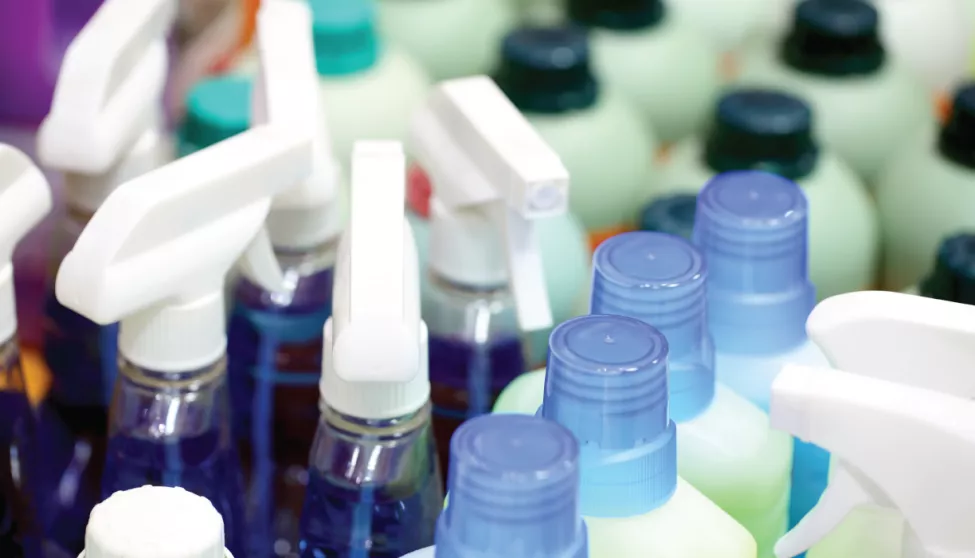
Genesis of Chapter 173-337 WAC — Safer Products Restrictions and Reporting
When Chapter 70A.350 Revised Code of Washington (RCW) was established, it created a process to regulate classes of chemicals in consumer products and required the designation of priority chemicals. The first set of priority chemical classes identified in the law were:
- PFAS
- Phthalates
- Organohalogen flame retardants and flame retardants identified in RCW 70A.430
- Phenolic compounds
- Polychlorinated biphenyls (PCBs)
Through a chemical review process beginning in May 2019, Safer Products for Washington reviewed these five priority chemical classes, which they deemed of concern for public health and safety. In June 2020, after a period of public and internal review, key consumer products containing some of the noted priority chemical classes were identified. Then, in June 2022, Safer Products for Washington announced a proposed restriction and reporting rule based on the identification of these priority chemicals in key consumer products. This draft ruling ultimately led to the new adopted rule, Chapter 173-337 WAC — Safer Products Restrictions and Reporting, after a period of public comments and hearings over this past year.
What to expect in the future
Safer Products for Washington, Cycle 2, Implementation Phase 1 began June 7, 2023, with Draft Identification of Priority Chemicals Report to the Legislature. The draft is available for public comment from June 7 through July 14, 2023, at Safer Products for Washington: Identifying Priority Chemicals Cycle 2 Phase 1 (commentinput.com). Safer Products for Washington will also host a public webinar on June 21, 2023, from 9-11 a.m. PDT.
After the public comment period ends on July 14, 2023, Safer Products for Washington may pick five new priority chemicals of focus, while possibly proposing additional restriction/reporting requirements on the currently identified priority chemicals. Washington State intends for this process to be a repeating cycle leading to continuous chemical restrictions and reporting requirements.
What Can We Help You Solve?
Exponent's multidisciplinary teams specialize in managing anticipated regulatory procedures and unanticipated challenges. Our experts can review your current consumer products for compliance, track and follow all decisions proposed or made about your priority chemical or product throughout the entirety of the cycle, and much more.
![Consumer Products [PSMC]](/sites/default/files/styles/cards_home_card/public/media/images/GettyImages-171366863.jpg.webp?itok=0YQ9vN1U)
Food
Food safety, nutrition, and dietary exposure assessments, and technical and regulatory support.

Agrochemicals & Pesticides
Navigate complex requirements for agrochemicals and pesticides in Europe and North America.
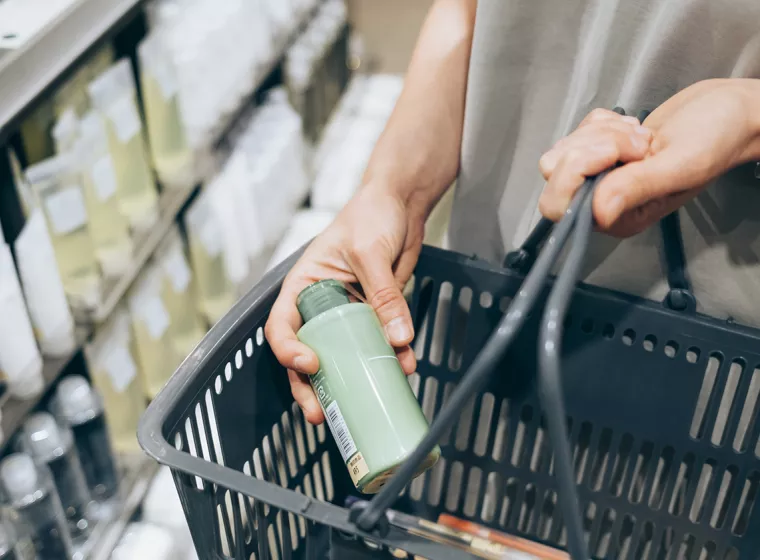
Consumer Products: Cosmetics & Personal Care
Personal care products consulting for registration, notification targets, and product development.

Biocides & Antimicrobials
Expertise in multifaceted regulatory requirements in biocide and antimicrobial product approval processes.
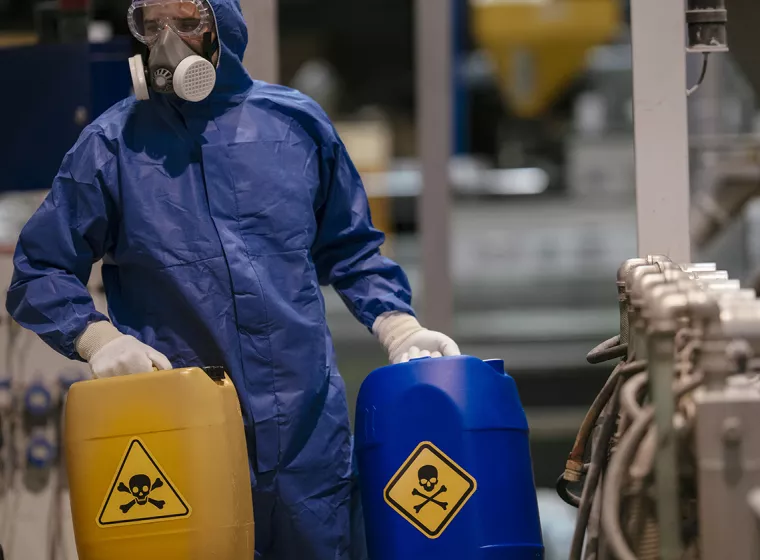
Industrial Chemicals
Regulatory support for chemicals, solvents, polymers, antimicrobials, biocides, and more.
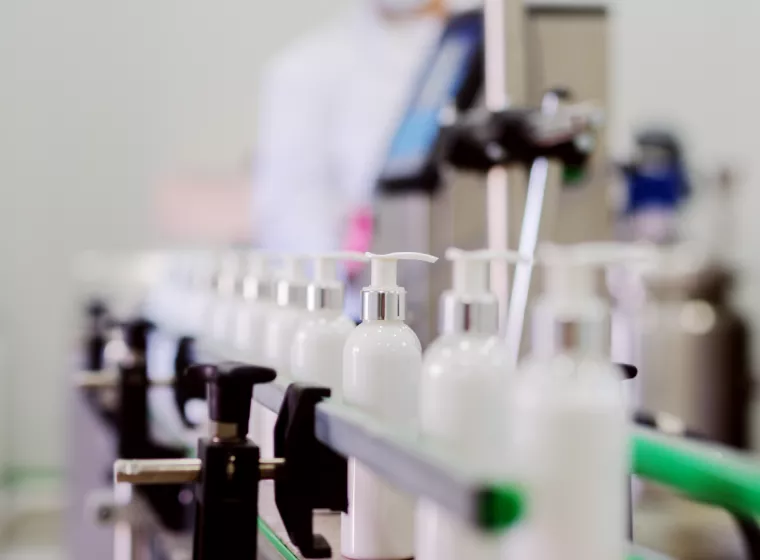
Regulation & Safety of Personal Care Products
Ensure safe, high-quality personal care products with experienced consulting expertise.
